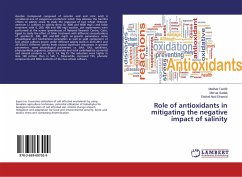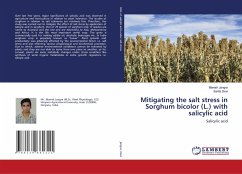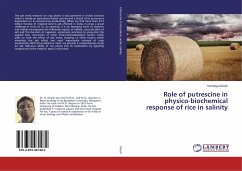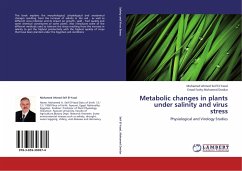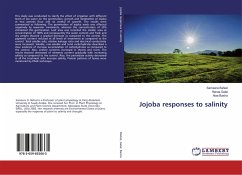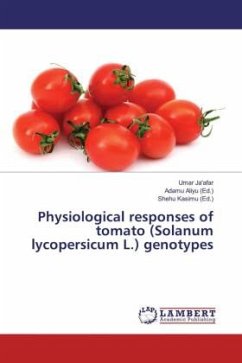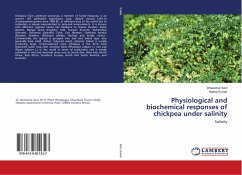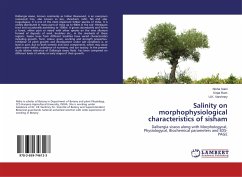Ascobin (compound composed of ascorbic acid and citric acid) is considered one of exogenous protectant which may alleviate the harmful effects of salinity stress. To study the responses of two wheat (Triticum aestivum L.) cultivars to salinity stress (0, 3000 and 6000 mg/l ) and foliar treatment with 0, 200, 400 and 600 mg/l ascobin, pot experiments were performed at the screen greenhouse of National Research Centre, Cairo, Egypt to study the effect of foliar treatment with different concentrations of ascobin (0, 200, 400 and 600 mg/l) on growth parameters, some physiological and biochemical parameters as well as yield component of two wheat cultivars grown under different salinity levels in 2011/2012 and 2012/2013. Different salinity levels caused significant reductions in growth parameters, some physiological parameters i.e. (IAA, GA3, cytokinins, photosynthetic pigments, polysaccharides and total carbohydrate contents) and mineral contents i.e. (N, K, Ca, Mg P). The reduction were higher in Giza 168 cultivar than in Sids 1. Meanwhile, increased TSS, phenolic compounds and MDA contents of the two wheat cultivars.

